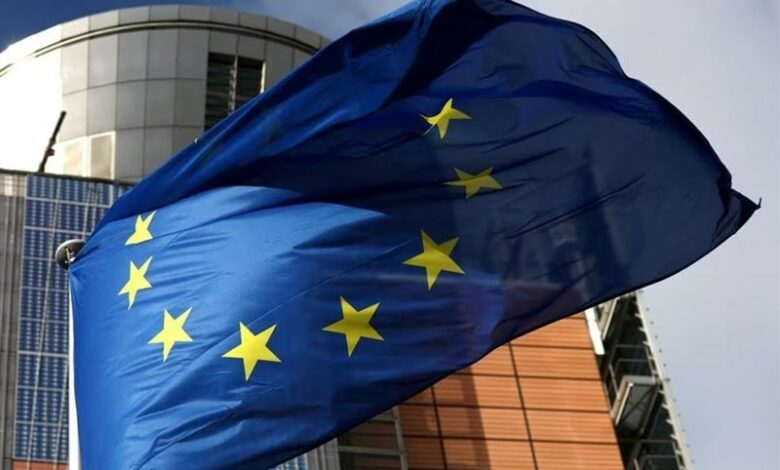Europe tightens trade rules with third countries

| – International news – According to the international group Tasnim news agency, “Berliner Zeitung” wrote in an article: The basis of the European Commission’s new rules, including trade with China, is becoming a big risk for Europe. With the new supply chain law, European companies must ensure that their suppliers do not violate human rights. … |
According to the international group Tasnim news agency, “Berliner Zeitung” wrote in an article: The basis of the European Commission’s new rules, including trade with China, is becoming a big risk for Europe.
With the new supply chain law, European companies must ensure that their suppliers do not violate human rights. They don’t.
In this way, in the future, EU companies must align their international business with human rights and climate change. Companies could be held accountable and audited under a new supply chain law if they profit from forced labor and other human rights abuses, such as child labour, according to a statement from the EU Parliament and EU countries on Thursday.
As a result of the new law, if adopted by national governments, EU companies will have to closely monitor how their business partners protect themselves from infringements. Human rights benefit. Companies are also responsible for the behavior of business partners and, in some cases, downstream activities such as sales or recycling. According to the German news agency “René Repassi”, a professor of European law and a representative of the Social Democratic Party. It said the law would make German companies liable for breach of duty of care, which has so far been excluded in German supply chain law. For example, companies can be held liable under civil law and, for example, compensation can be claimed.
Based on the decisions taken, the financial sector will initially be exempt from the requirements. In principle, these rules apply to companies with more than 500 employees and at least 150 million euros in sales. Non-EU companies are subject to this rule if they have a turnover of more than 300 million euros in the EU. The European Union Commission must publish a list of non-EU companies subject to this law.
If human rights violations occur in their supply chain, these companies can be held accountable in European courts. The agreement still needs to be approved by the parliament and EU countries.
Anna Cavazzini, head of the Green Party’s internal market committee in the European Parliament, spoke of a good day for human rights, but she announced that even May There should be stricter laws to protect the climate and the environment.
The Green Party politician also emphasized that EU supply chain law goes beyond German law. According to him, in the future, more companies should record risks in their entire supply chain. The EU supply chain law is a so-called directive that the federal government has yet to implement into national law; The supply chain law has already been implemented in Germany since the beginning of the year.
Criticism of the German trade associations on the new supply chain law of the European Union
Of course, the German trade associations expressed their opinion on this draft. worried and asked the German federal government to stop this law. Rainer Doelger, head of Germany’s employers, said the new law was “a hasty and weak compromise.” Achim Derks, director general of the German chamber of commerce and industry DIHK, said the regulations were neither practical nor proportionate. The Association of German Mechanics and Factory Manufacturers described this project as “the next nail in the coffin of international competition” of Germany. “Tanya Gunner”, the director general of the Federation of German Industries BDI, also said: political compromise in the three-way process. , threatens the competitiveness, security of supply and diversification of the European economy, as companies can withdraw from important third countries due to unclear legal regulations and the threat of sanctions and liability. He added: Considering the size of the challenge, it is wrong to put the responsibility of protecting human rights primarily on companies. He added: This compromise goes beyond the regulations applicable in Germany in key cases and includes several legal uncertainties. So the BDI asked the Parliament and the Council of the European Union to reject the deal.
We are in the middle of a recession and in a We are a global race for market access, supply chain and raw materials. Companies are under enormous economic pressure. Anyone who wants to decide on such additional regulations has little understanding of the economic situation.
Daniel Caspari and Angelica Niebler, the heads of the Christian United faction in the European Parliament, are also concerned that companies will suffer because of this. requirements, to move out of Africa and for example, foreign companies from China can fill this gap.
end of message/
| Publisher | Tasnim News |


